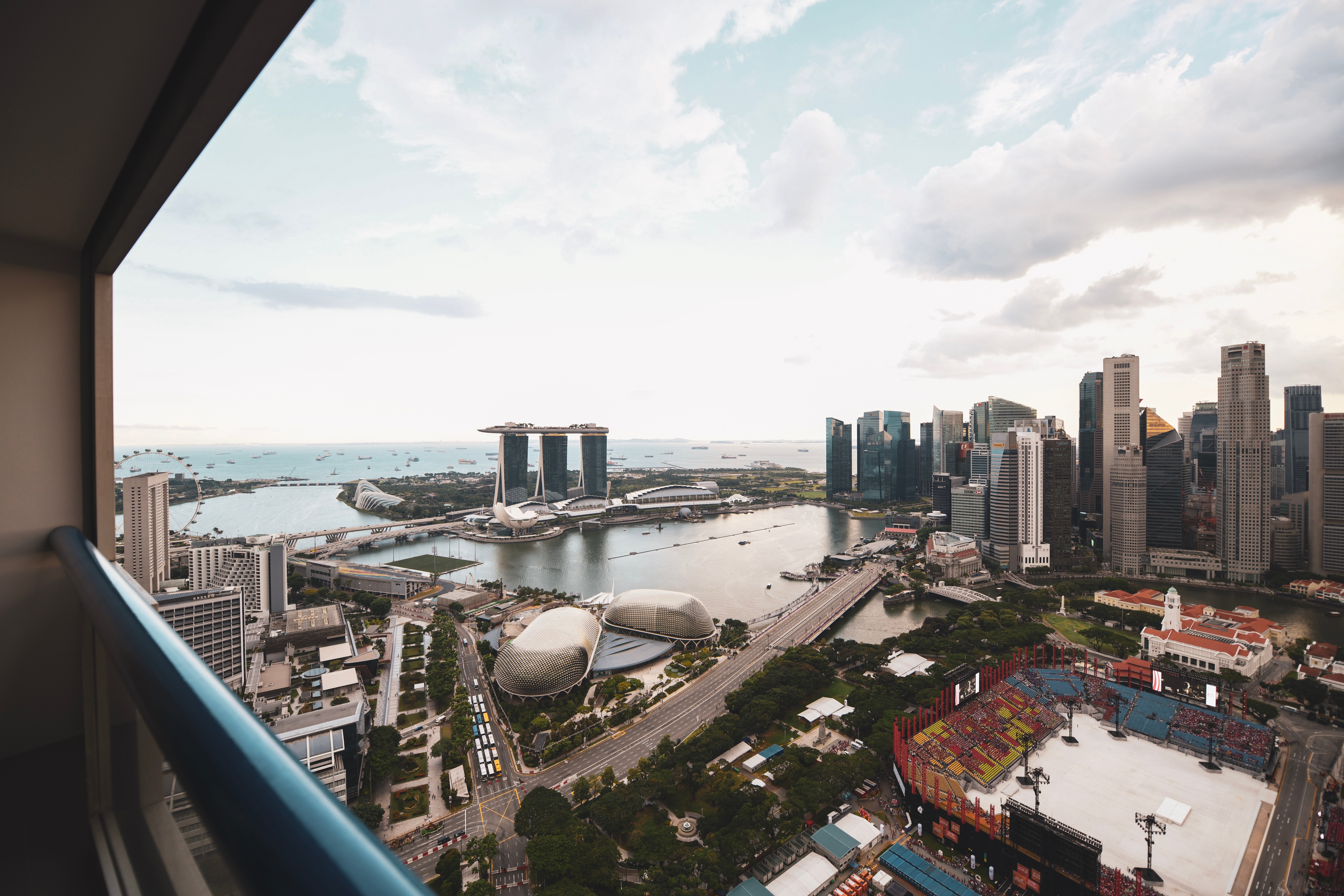Suggested Reading:

Set against a backdrop of geopolitical and economic uncertainties, technological disruptions and antiglobalisation sentiments, the measures announced in Budget 2017 are geared towards transforming Singapore into a nimble and adaptable economy.

Sweeping changes are being made in Malaysia under its new premier, Tun Dr. Mahathir Mohamad. Chief amongst these is the decision to repeal the Goods and Services Tax, or GST.
Singapore Budget 2016 A Business Perspective
By: Boey Yoke Ping, Senior Partner, International Tax (CA (Singapore), FCPA (Australia), ATA (Income Tax & GST)) 
Internationalisation. Innovation. Partnership. Productivity Growth. These are the keywords arising from Finance Minister Heng Swee Keat’s Budget 2016 presentation on 24 March and Singapore companies would do well to incorporate these into their strategic plans moving forward.
There is help for companies and industries to ride out current global economic uncertainties; such as an increase in corporate income tax rebate from 30% to 50%, although the absolute cap of S$20,000 remains unchanged which would benefit smaller firms more. Nonetheless, Mr Heng’s budget clearly focuses on the future; transforming industries and the economy through greater innovation, internationalisation, and productivity growth.
SME opportunities
The focus of these transformation efforts are SMEs which make up 99% of companies, employ 70% of the workforce and contribute 50% of GDP. The Industry Transformation Programme unveiled during the budget will see S$4.5 billion spent over five years; largely aimed at helping SMEs scale up.
These include:
- A grant to support the scaling up of automation projects. Funding can be up to 50% of project cost, with a maximum grant of S$1 million. The Minister expects the Automation Support Package to extend S$400 million of grants over three years.
- In addition to the usual capital allowances, an investment allowance of 100% of the cost of automation equipment, net of grants, will be available for up to S$10 million approved capital expenditure per project.
- An SME Working Capital Loan will be introduced by SPRING for an initial period of three years. This will provide loans of up to S$300,000 for local SMEs, in which the government will co-share 50% of the default risk with participating financial institutions. The loan can be used for daily operations or for automation, and upgrading of factories and equipment. Conditions for eligibility are:
– The company must be registered in Singapore;
– It must have at least 30% local shareholding; and
– The company’s annual sales must not be more than S$100 million or the company’s group employment size must not be more than 200. - The SME Mezzanine Growth Fund, launched two years ago to help smaller SMEs with annual revenues of up to S$50 million, will be expanded to help more companies: The fund size will be increased by S$50 million to S$150 million.
To help companies, and especially SMEs, navigate the plethora of incentives and grants, the government will create a Business Grants portal to be launched in 4Q 2016. This “enterprise-centric” portal will be organised along business needs such as capability building, training and international expansion, removing the need for applicants to figure out on their own which schemes are applicable to them. Budget 2016 does not only provide carrots for SMEs, there are a couple of sticks too, so SMEs are well advised to grow in the new directions set forth. The Productivity and Innovation Credit Scheme, or PIC, will end by 31 December 2017 as scheduled. Also, the PIC cash payout will be reduced from 60% to 40% in respect of qualifying expenditure incurred on or after 1 August 2016. This would result in a reduction in cash of up to S$20,000.


Improve, grow and internationalise
One area for improving productivity is the use of robotics and the government is incentivising businesses to the tune of S$450 million over three years. The National Robotics Programme is a multi-agency initiative to promote robotic technologies across industries. “We will now scale up our efforts, and work with solutions providers to offer packaged solutions to SMEs at a reasonable cost,” Mr Heng said.
Growth is also being encouraged for all companies, big and small. To encourage companies to extend their efforts overseas, the current double tax deduction scheme will be extended to 31 March 2020. This is for expenditure incurred on trips and missions overseas for investment study and business development,
as well as participation in overseas, and approved local, trade fairs.
Tax allowance for mergers and acquisitions will be increased from S$20 million to S$40 million of the deal value. At the rate of 25%, this allows for up to S$10 million to be claimed over five years. The available stamp duty relief will also be granted for up to S$40 million of consideration paid for qualifying M&A deals per financial year. These apply for M&A deals made over four years from 1 April 2016.
Gains from disposal of equity investments in the 5 years ending 31 May 2017 are exempt from income tax, provided certain conditions are met. Essentially, the divesting company should hold at least 20% in the company whose shares are to be disposed of for a period of at least 24 months prior to the disposal. This provision will be extended to 31 May 2022.
Giving back to society
To support social objectives set out by the government, the Minister has proposed incentives for companies to increase their corporate social responsibility. Under a pilot scheme for partnership between businesses and Institutions of a Public Character, businesses will be able to claim 150% additional tax deduction for wages and incidental expenses in respect of employees who either volunteer and provide services, or are seconded, to IPCs. Subject to the receiving IPC’s agreement, the yearly caps that apply to qualifying expenditure will be S$250,000 per business and S$50,000 per IPC. The pilot scheme will run from 1 July 2016 to 31 December 2018.
This article does not cover every single item presented in Budget 2016. For full details, refer to www.singaporebudget.gov.sg.
Get in touch with the author(s):


Yoke Ping Boey
Senior Partner
International Tax![]() | Email
| Email
>> Back to The Salient Point>> Main Page
DISCLAIMER: All opinions, conclusions, or recommendations in this article are reasonably held by Baker Tilly at the time of compilation but are subject to change without notice to you. Whilst every effort has been made to ensure the accuracy of the contents in this article, the information in this article is not designed to address any particular circumstance, individual or entity. Users should not act upon it without seeking professional advice relevant to the particular situation. We will not accept liability for any loss or damage suffered by any person directly or indirectly through reliance upon the information contained in this article.

